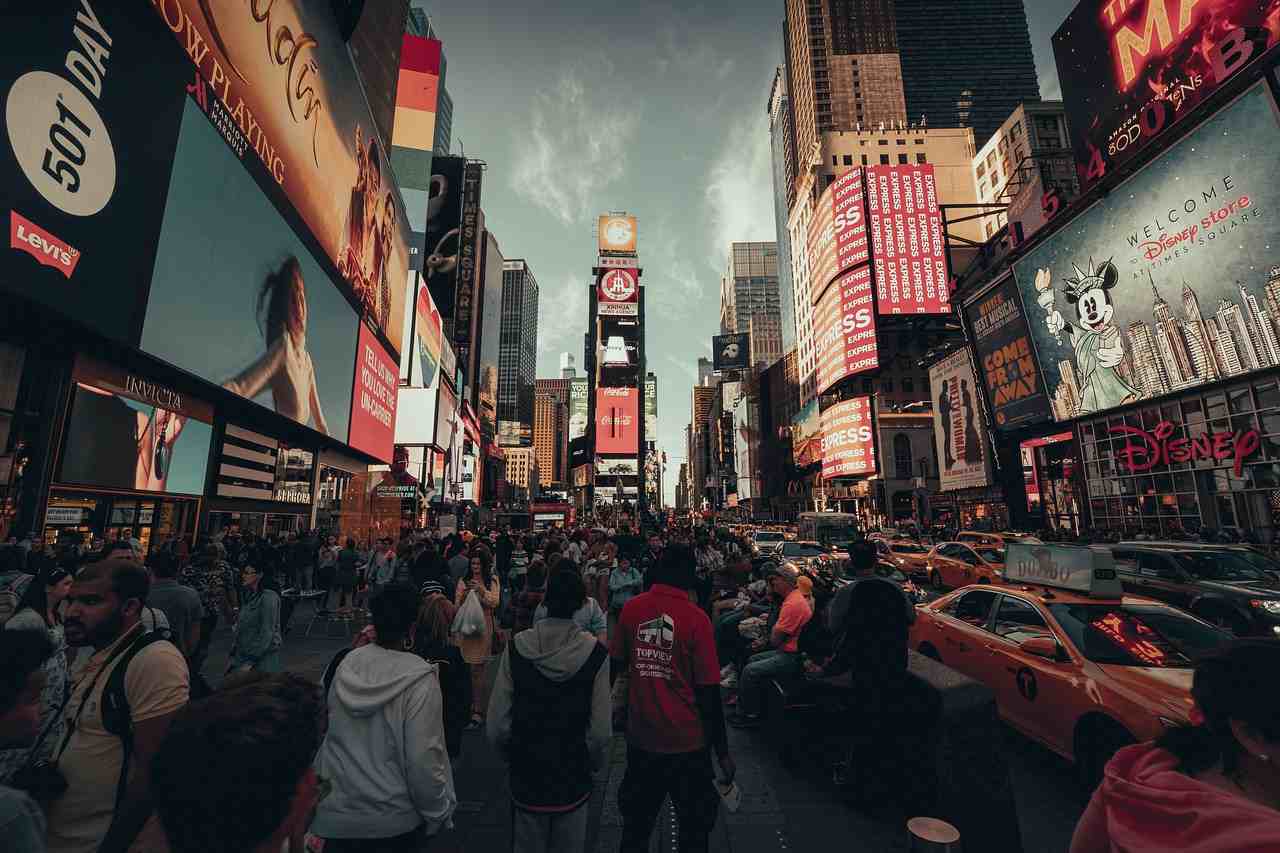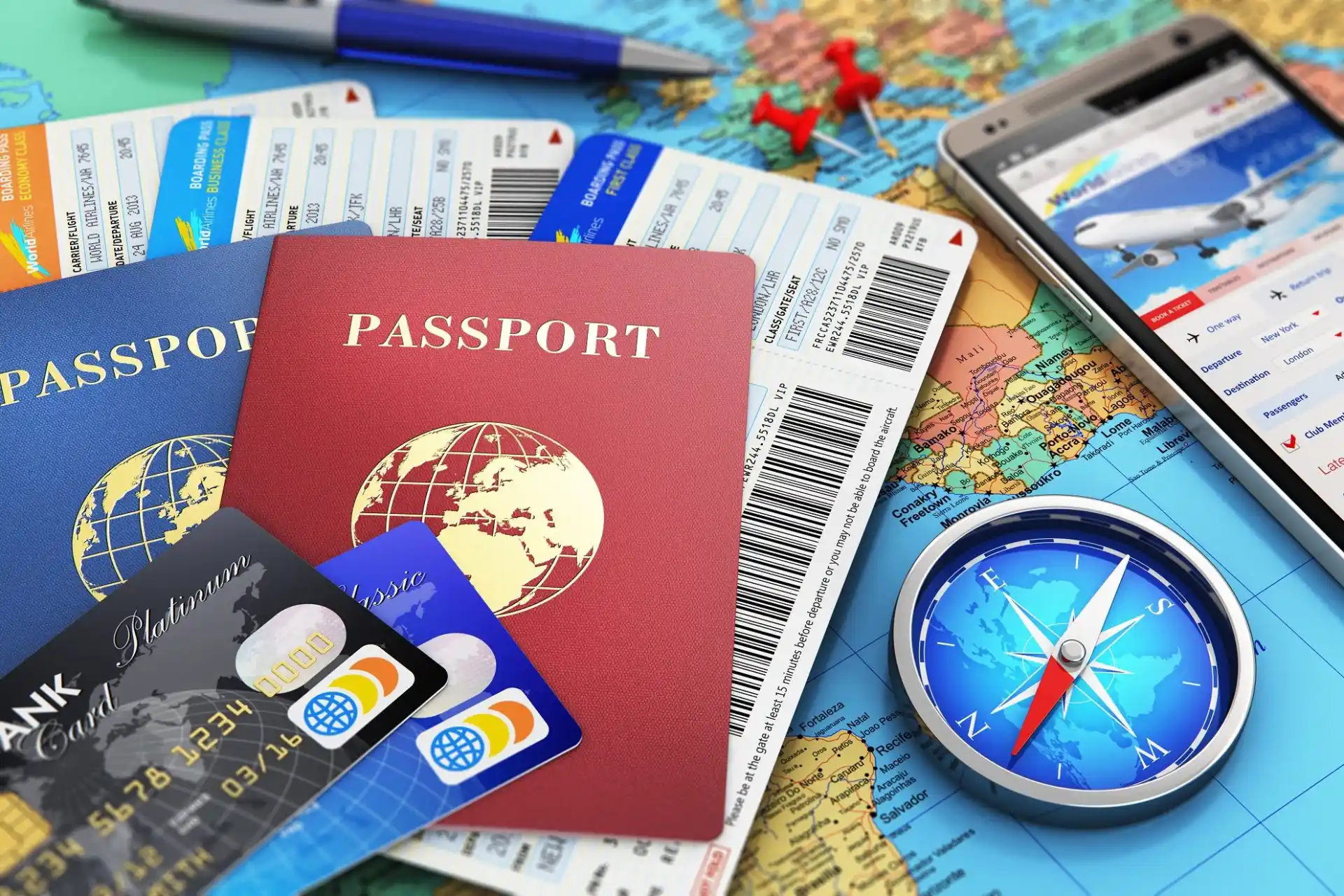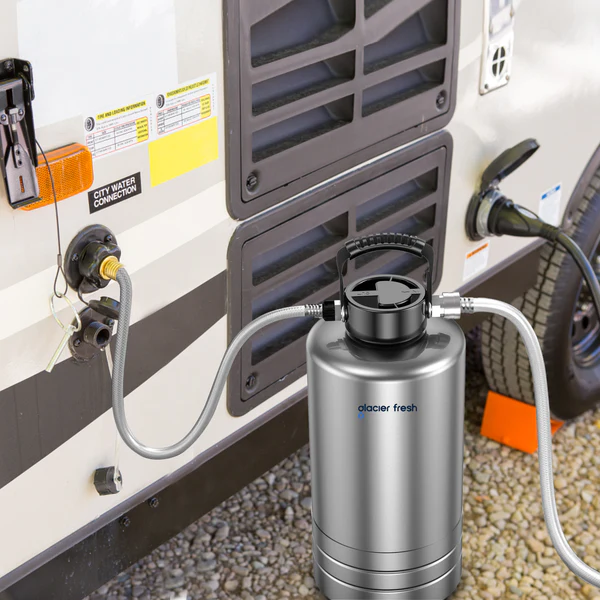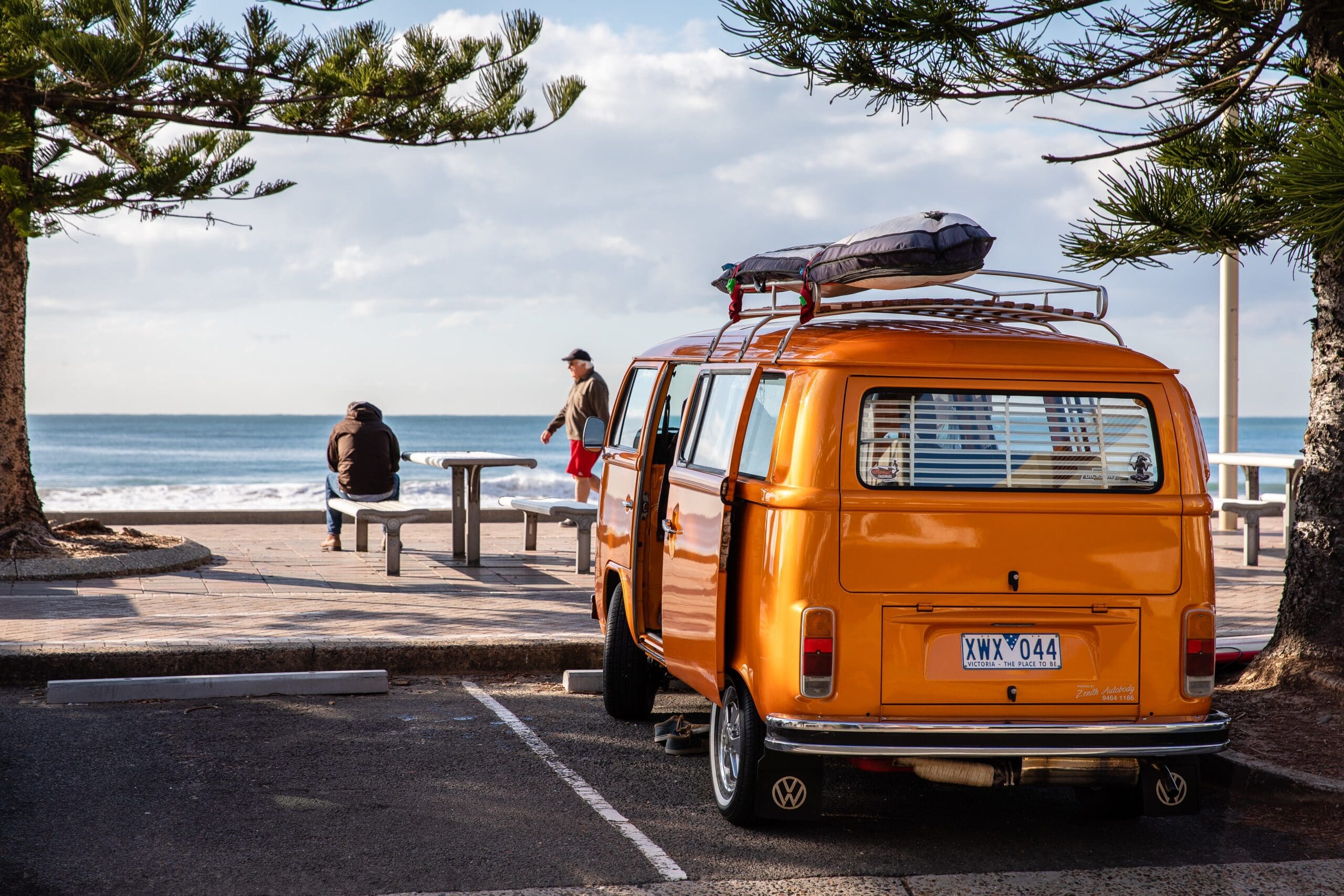The coronavirus (COVID-19) pandemic has had a profound impact on global travel, and while many countries have made significant strides toward recovery, the virus is still part of our lives. In 2025, it’s critical to understand the risks associated with travel and take necessary precautions to safeguard your health while exploring new destinations. While some regions have fully opened their borders, others may still have strict health and safety protocols in place. This guide will walk you through the essential steps to help you stay safe and enjoy your travels in 2025.
1. Stay Informed About Travel Restrictions
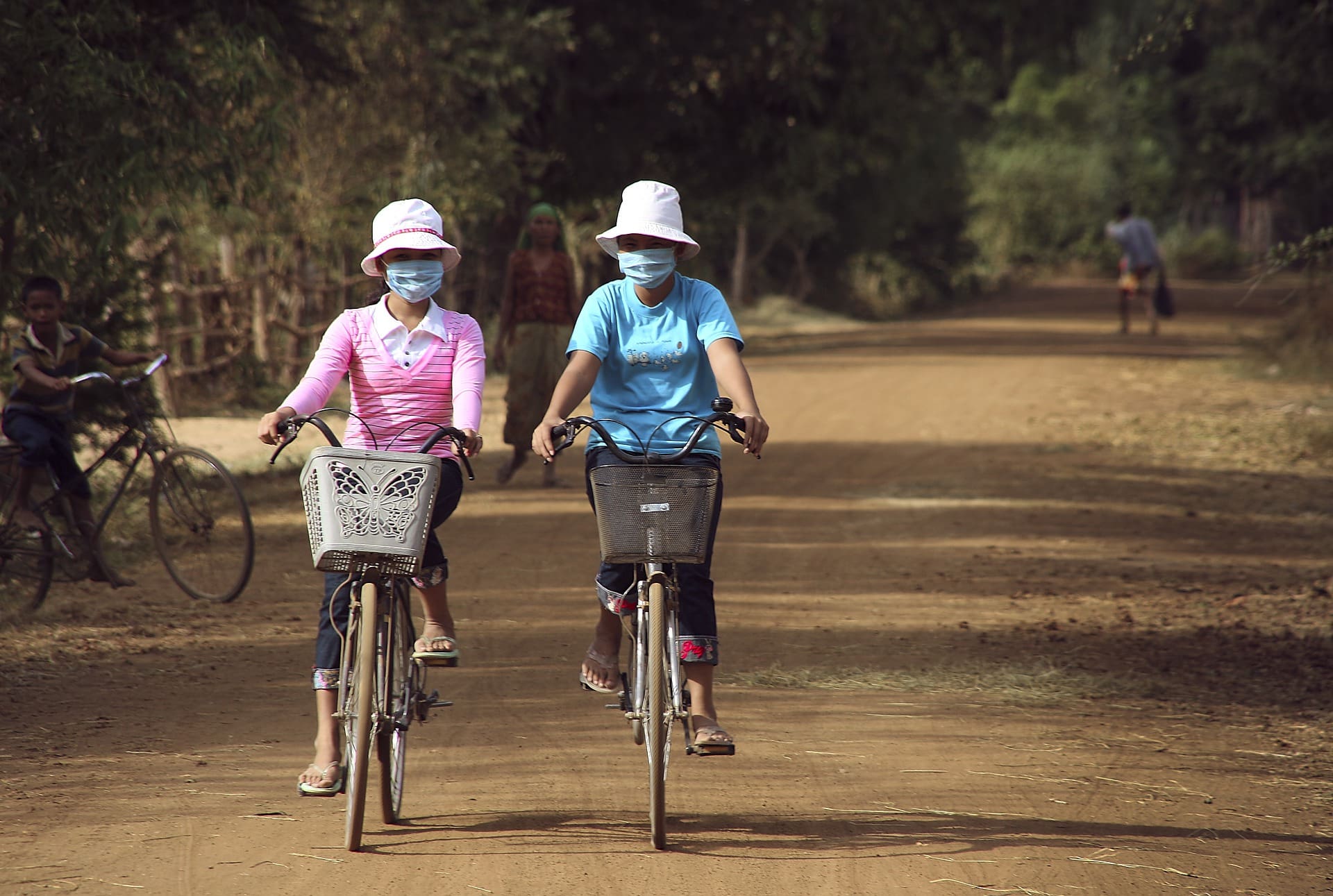
Travel restrictions continue to evolve as the pandemic situation changes. Each country has its own set of rules for incoming travelers, and keeping up-to-date with the latest information is vital for a smooth journey.
- Check Entry Requirements: Before booking any trip, make sure you check the entry requirements for your destination. Some countries may still require negative COVID-19 tests, proof of vaccination, or even quarantine on arrival. You can find this information on official government websites or through airline updates.
- Travel Bans and Restrictions: Some countries may temporarily close their borders to specific regions or countries with high infection rates. Always confirm that there are no restrictions or travel bans for your departure or destination city.
- Airlines and Airports: Airlines are continuously updating their travel guidelines. Visit your airline’s website to find out about any changes in policies, such as mask mandates, vaccination status checks, or boarding procedures. You may also need to provide additional documents, such as a health declaration or COVID-19 health insurance, before boarding.
- Health Status and Testing Protocols: Many countries may have localized COVID-19 outbreaks that affect your travel plans. Testing requirements may differ depending on whether you are vaccinated or not, and even if you are vaccinated, testing might still be required upon arrival or departure. Stay updated through official sources or travel apps.
2. Ensure Full Vaccination and Carry Proof

Vaccination remains one of the most effective ways to prevent severe illness from COVID-19. Most countries require travelers to be fully vaccinated, and some may even request that you show proof of vaccination upon arrival. Make sure to stay up-to-date on any vaccine boosters that may be needed.
- Proof of Vaccination: Always carry your digital or physical vaccination certificate with you. Many countries and airlines use digital vaccination passports, so ensure yours is easily accessible.
- Booster Shots: Depending on your destination, a booster shot may be required for entry. Ensure that your vaccinations are recent and that you have received the required number of doses, including any boosters, to meet the destination’s travel requirements.
- Health Checks: If you’re traveling with children or other vulnerable individuals, check if any special provisions or vaccinations are necessary for them. Some countries may have additional rules for minors or those with pre-existing medical conditions.
3. Pack Health and Safety Essentials
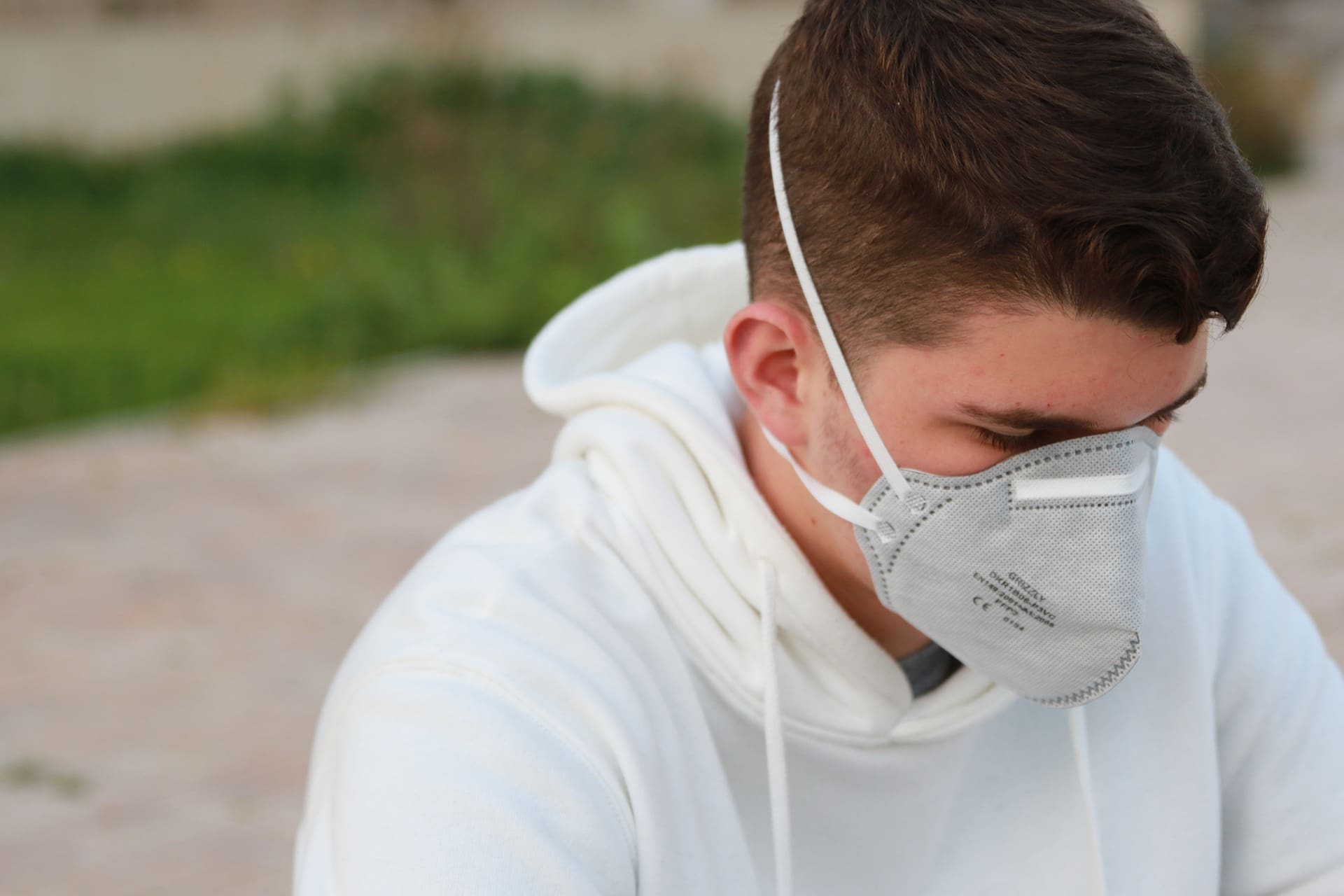
While the world is gradually returning to normal, it’s important to take your health into your own hands while traveling. Packing the right health and safety essentials will ensure you stay protected and reduce the risk of exposure to the virus.
- Face Masks: Although many destinations have relaxed mask mandates, it’s still wise to carry masks with you at all times. You may be required to wear a mask in certain indoor areas such as airports, public transportation, or crowded tourist sites.
- Hand Sanitizer: In addition to washing your hands regularly, carrying a hand sanitizer with at least 60% alcohol will help you keep your hands clean when soap and water aren’t available.
- Disinfecting Wipes: High-touch surfaces, such as airplane trays, door handles, and elevator buttons, can harbor germs. Use disinfecting wipes to clean these surfaces before you touch them.
- Thermometer: Monitoring your health is crucial, especially if you are feeling unwell during your travels. A thermometer will allow you to check for fever, one of the most common symptoms of COVID-19.
- Medications: Carry any prescription medications you need and ensure you have enough for the duration of your trip. It’s also a good idea to bring over-the-counter fever reducers, pain relievers, and any other remedies you might need.
4. Opt for Travel Insurance

Travel insurance is a wise investment in 2025, especially with the uncertainties still surrounding the COVID-19 situation. Make sure to choose a travel insurance plan that covers COVID-19-related cancellations and medical issues.
- Medical Coverage: Look for insurance policies that cover medical expenses, including treatment for COVID-19. This is particularly important if you’re traveling to a country where healthcare costs can be high.
- Trip Cancellation or Interruption: If you test positive for COVID-19 before or during your trip, you may need to cancel or cut short your journey. Having coverage will help reimburse the costs associated with cancellations and trip interruptions.
- Emergency Evacuation: In the case of a COVID-19 outbreak or medical emergency, emergency evacuation coverage can help cover the cost of returning home or getting treatment at another facility.
Before purchasing insurance, make sure it provides coverage for COVID-19-related incidents, as policies and coverage options may vary.
5. Practice Hygiene and Social Distancing
While the world is gradually returning to pre-pandemic conditions, it’s essential to continue practicing good hygiene and maintaining social distancing in some situations.
- Frequent Hand Washing: Always wash your hands with soap and water for at least 20 seconds. This is one of the most effective ways to prevent the spread of the virus, particularly in high-traffic areas like airports, public transport, and crowded tourist attractions.
- Social Distancing: Although social distancing guidelines have relaxed in many parts of the world, it’s still important to avoid crowded areas when possible. Opt for outdoor activities or visit attractions during off-peak hours. If you do find yourself in crowded areas, maintain a safe distance from others.
- Respect Local Health Guidelines: Different countries or regions may have varying protocols in place. Always follow local rules for wearing masks, sanitizing hands, and maintaining distance. By doing so, you protect not only yourself but others around you.
6. Choose Outdoor or Private Activities
If you are looking to minimize your exposure to large crowds or indoor environments, consider outdoor activities or private tours. Nature-based activities provide a great opportunity to enjoy the beauty of your destination while maintaining safe distances from others.
- Hiking: National parks, beaches, and hiking trails are excellent outdoor options that allow for social distancing while exploring scenic landscapes.
- Private Tours: Instead of joining large group tours, opt for private guided tours or activities. This ensures a more personalized and safer experience, with minimal exposure to others.
7. Stay Flexible with Travel Plans
Flexibility is key when it comes to travel in 2025. Airlines, hotels, and travel providers are adjusting their policies to accommodate changing conditions. It’s important to be ready for last-minute changes to your itinerary.
- Flexible Tickets: Look for airlines that offer flexible booking options, such as refundable tickets or the ability to rebook without extra fees. This way, you’ll have more freedom in case your plans change unexpectedly.
- Accommodation Flexibility: Similarly, check if your hotel offers flexible cancellation policies. Many accommodations have adapted to the uncertain times by allowing guests to change or cancel bookings with little to no penalty.
- Monitor Flight Status: Stay updated on any flight delays or cancellations using airline apps. Additionally, travel apps and services can send real-time alerts, making it easier to stay ahead of any changes.
8. Monitor Your Health During Travel
Keeping track of your health is crucial, especially when traveling during the pandemic. Pay attention to any symptoms that may indicate COVID-19 or other illnesses.
- Self-Monitoring: If you feel unwell, monitor your temperature, and if you have any symptoms of COVID-19 (fever, cough, shortness of breath), isolate yourself immediately and get tested.
- COVID-19 Testing: Many airports, hotels, and healthcare facilities offer COVID-19 testing for travelers. If you feel sick, have been exposed, or need to meet travel requirements, find a testing site as soon as possible.
- Follow Local Health Guidelines: If you test positive for COVID-19 during your travels, follow the local health authorities’ instructions, which may include self-isolation or quarantine. Many destinations have specific measures in place to assist travelers who test positive.
9. Stay Updated on New Variants
As new COVID-19 variants emerge, the situation can change rapidly. It’s important to keep yourself informed about new variants and any potential changes in travel regulations.
- Global Health Updates: Follow updates from health organizations like the World Health Organization (WHO) or Centers for Disease Control and Prevention (CDC). These bodies provide real-time updates on COVID-19 variants and other relevant news.
- Regional Differences: Some regions may experience surges of new variants, which may impact your travel plans. Stay informed about the situation in the destination you plan to visit, as some places may impose new restrictions at short notice.
Conclusion
Traveling in 2025 may look different from what we were accustomed to before the pandemic, but with the right preparation and precautions, it can still be an enjoyable and fulfilling experience. Stay informed about travel restrictions, prioritize your health and safety, and follow local guidelines wherever you go. Flexibility, good hygiene practices, and the right travel insurance will give you peace of mind during your adventures. By taking these steps, you can make sure that your trips are not only exciting but also safe for you and those around you.
FAQs:
1. Do I need a COVID-19 test to travel in 2025?
It depends on your destination. Some countries may still require a negative COVID-19 test, especially if you’re unvaccinated or traveling from a high-risk area. Check the entry requirements for your destination well in advance.
2. Can I travel if I’m not vaccinated?
Some countries may allow unvaccinated travelers, but many still require vaccination for entry. You may also need a negative test result. Always check with your airline and destination’s government website.
3. Should I wear a mask when traveling in 2025?
While mask mandates have been relaxed in many places, some destinations, airlines, or transportation systems still require masks. Always carry a mask and follow local rules.
4. How do I stay safe if I test positive during my travels?
If you test positive, isolate yourself and follow local health guidelines. Some destinations have quarantine facilities for travelers who test positive. If necessary, consult your travel insurance to cover any unexpected changes.
5. Is travel insurance still important in 2025?
Yes, travel insurance is highly recommended in 2025, especially for COVID-19-related issues. Ensure your policy covers medical expenses, trip cancellation, and emergency evacuations.








